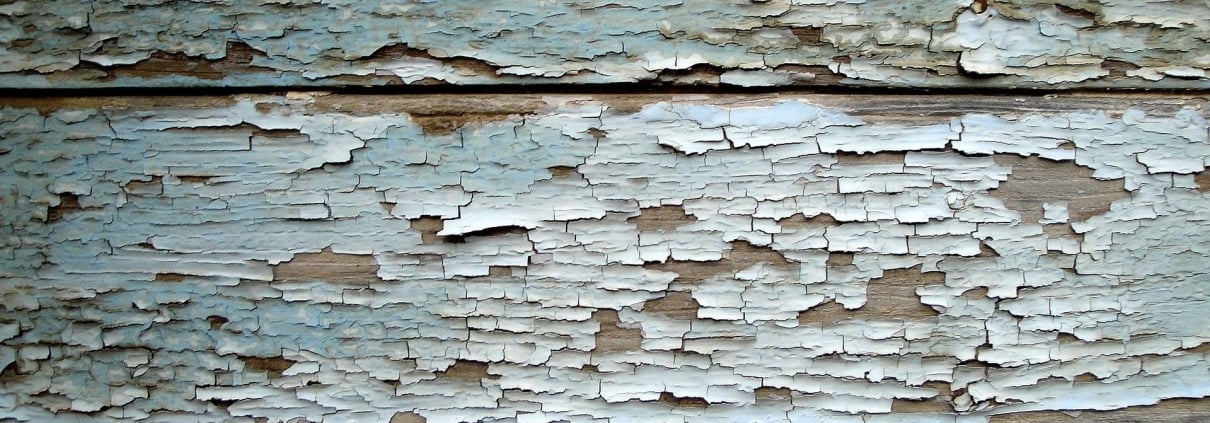
Lawsuits Over Faulty Deck Resurfacing Products Sweep the Nation
Over the last few years, a group of manufacturers and retailers have been promoting certain premium deck resurfacing products. Unfortunately for consumers, these products have demonstrated widespread failure.
Here, we will review one class-action lawsuit we are currently handling in civil court. Since these deck resurfacing products were—and are—produced in high volume, their defects have a negative impact on thousands, if not millions, of homeowners across the United States.
Albright V. Sherwin-Williams
Rosalinda Albright brought a claim on behalf of purchasers of Sherwin-Williams’ Duckback Deck & Dock Elastomeric Coating, and Deck and Dock Solid Coating (“Duckback); and SuperDeck Deck and Dock Coating (“SuperDeck”). She alleges that the defendants continued to market and sell these products to customers despite knowing they were defective. The products were marketed as “do-it-yourself” solutions to repair and rejuvenate decks by providing a thick, weather-resistant coating. The products were touted as a cost-effective alternative to deck replacement that was easily applied with a roller to wood or concrete surfaces.
Complaints began to surface among users of the products. Many of the problems became apparent mere weeks after application, when the coating began to “bubble” and “peel,” often in long strips. Others stated the products showed signs of not being water-resistant, let alone waterproof. Another factor that led to consumer dissatisfaction was the time and money needed to remove the products completely from their decks.
The plaintiff alleges that Sherwin-Williams…
- Violated the Magnuson-Moss Warranty Act, a federal statute that governs consumer products and their warranties. It was established in 1975 in response to significant consumer dissatisfaction with ambiguous and deceptive warranties. This Act states that entities may be civilly liable for noncompliance with documented or implied warranties.
- Breached the products’ express warranty. Express warranties are ones that relate to how the product performs, according to the manufacturer. In this case, Sherwin-Williams claimed that the products “lockdown splintered wood” and restore “extremely damaged” wood and concrete.
- Breached the products’ implied warranty. Implied warranties are promises that the product is free from defect. Here, the implied warranties were that the products were premium quality and withstood harsh weather conditions.
- Was unjustly enriched by the products. The defendant profited significantly from continued sales of the product despite being aware of the defects.
- Violated the Missouri Merchandising Practices Act of 1967, which provides additional consumer protection for those in the state. It allows consumers to pursue relief for unjust or fraudulent business practices.
The case is currently being heard in United States District Court, and it covers purchasers of the product across the nation. The plaintiff is asking for damages exceeding several million dollars, which will be shared with all purchasers included in the class action.
If You Bought These Products, Talk to Us
Rhine Law Firm, P.C., is handling this paint class-action lawsuit against Sherwin-Williams nationwide. If you purchased any of these defective deck resurfacing products, speak to us in a free consultation about your legal rights and options. Call (910) 772-9960 today.
About Us
Rhine Law Firm, P.C. serves clients throughout North Carolina and nationwide, specializing in complex civil litigation led by Joel Rhine. With expertise in personal injury, car accidents, property damage, sex abuse, and more, the firm is passionate about taking on challenging cases. They emphasize providing personalized legal representation, prioritizing their clients’ best interests while offering state-of-the-art legal strategies. Rhine Law Firm’s dedicated attorneys enjoy the fight for justice and are committed to guiding clients through complicated legal processes. The firm offers free consultations, flexible appointment scheduling, and Spanish language services.




